The Central America Donors Forum (CADF) is the premier space for civil society, philanthropy, government and business to discuss priority issues in Central America, expand networks and advance development, equity and justice in the region.
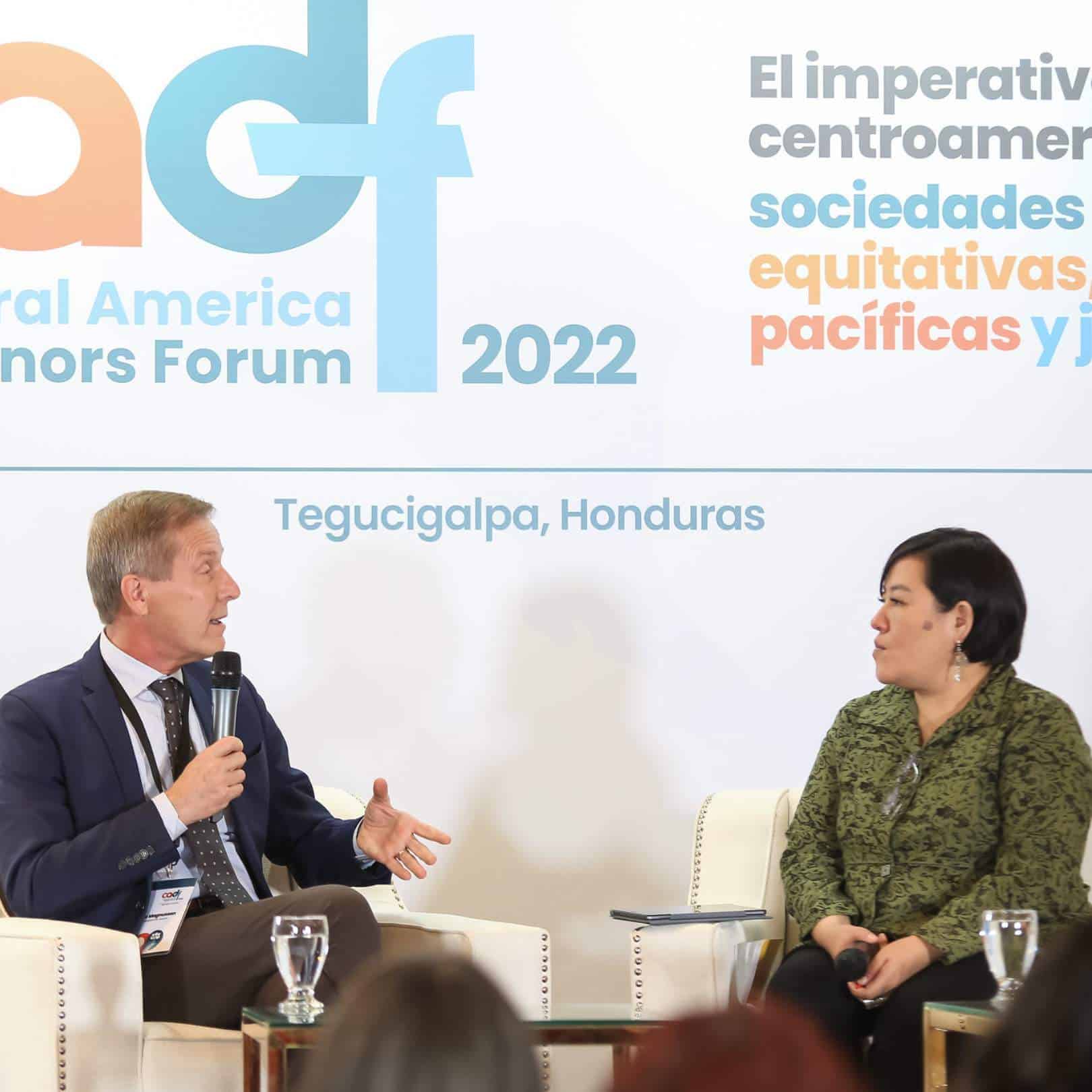
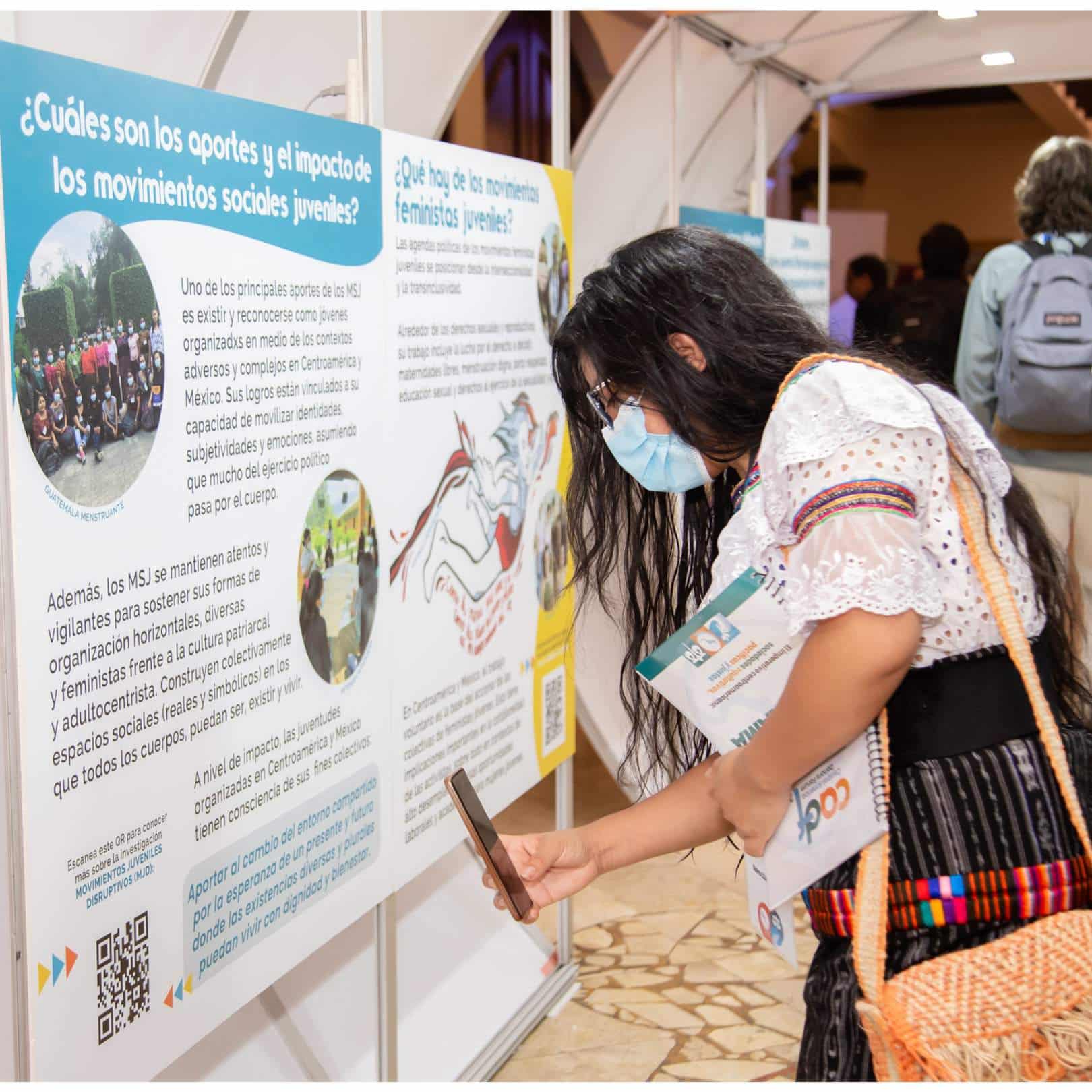
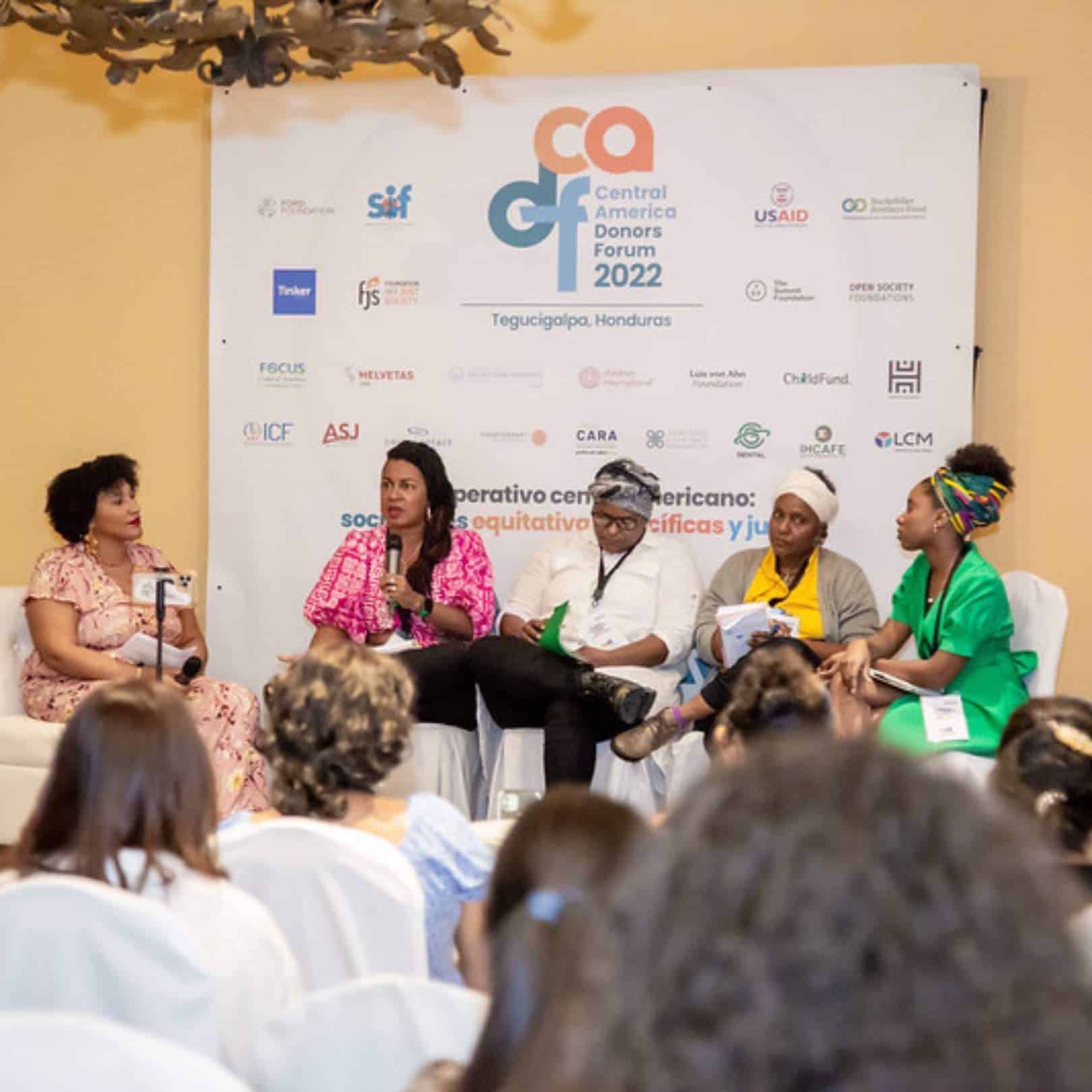
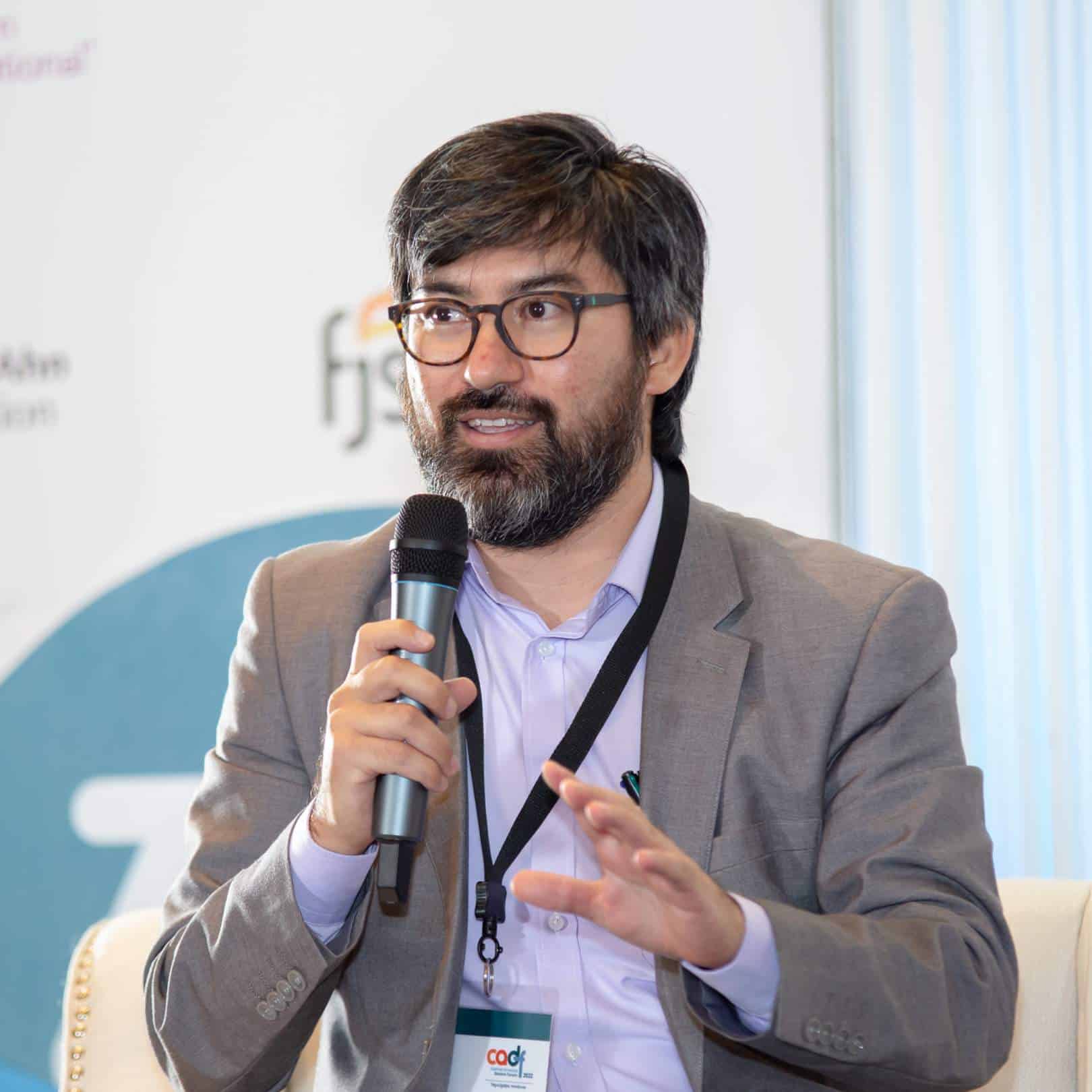
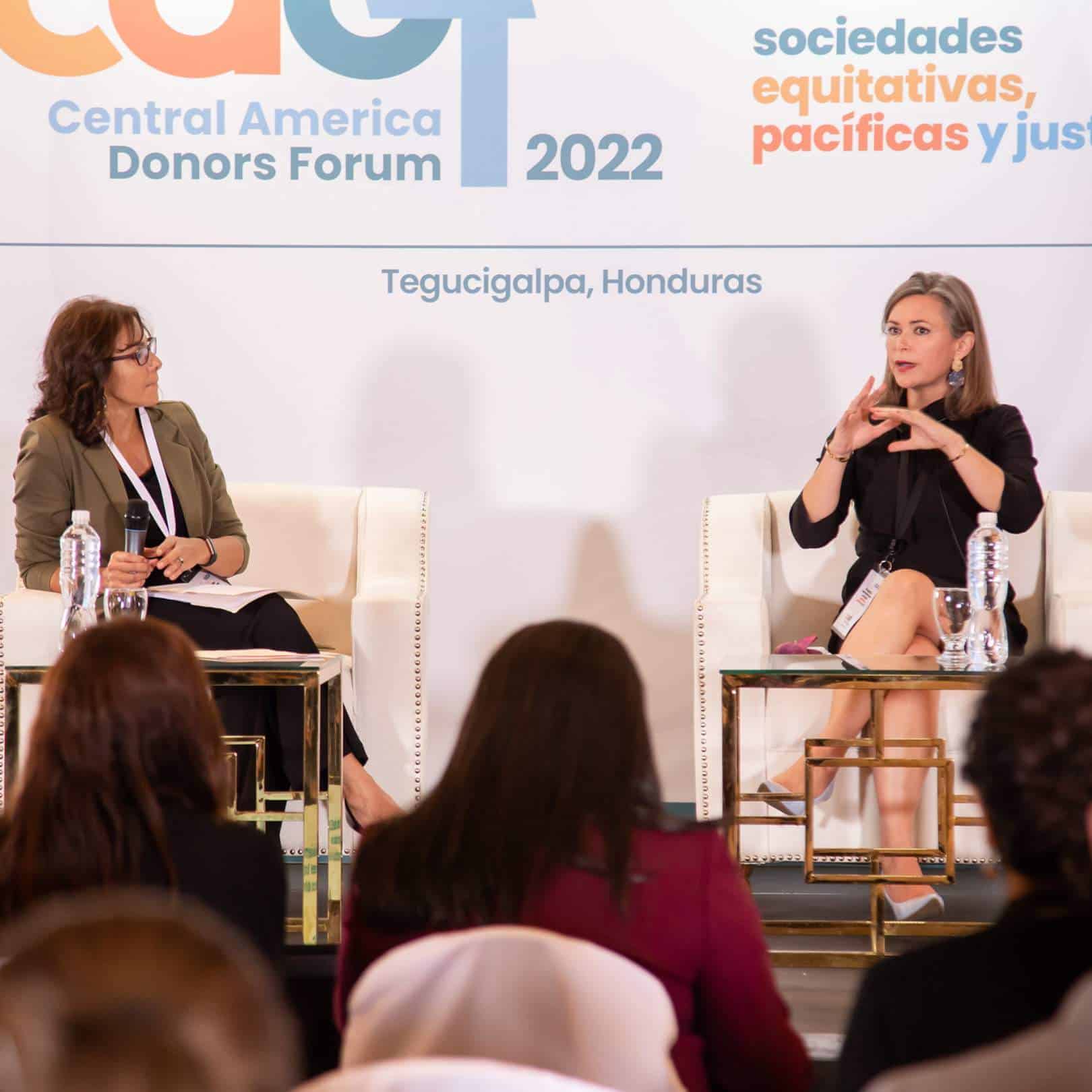

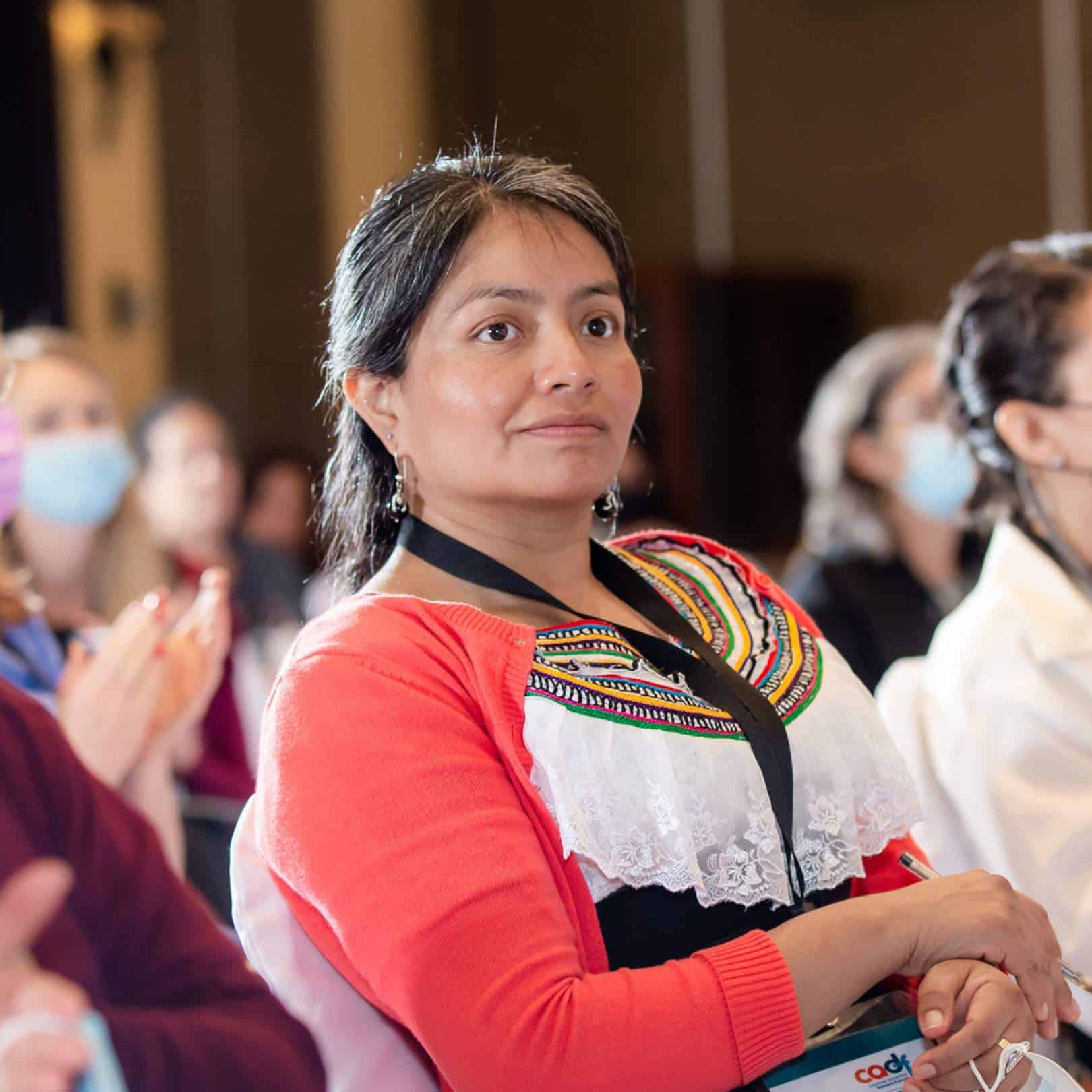
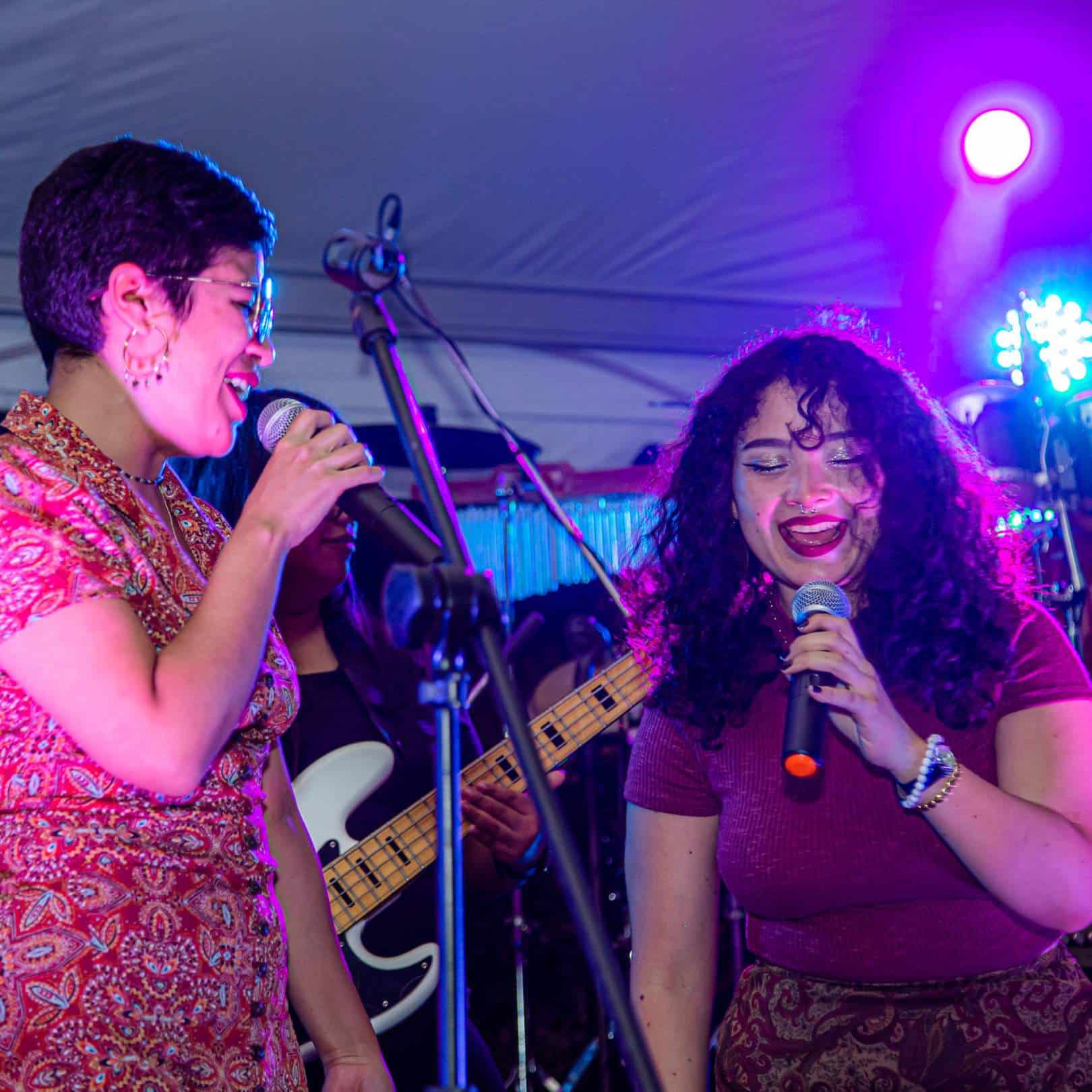


Since 2010, Seattle International Foundation (SIF) has hosted CADF annually in cities across Central America. Over three days, CADF offers a variety of panels, workshops and networking opportunities to address challenges in the region, create a shared vision and promote collaboration across sectors.
Each year, CADF brings together hundreds of leaders and experts from more than 15 countries, and receives support from dozens of organizations committed to developing Central America.



This year, featuring the unique political and social backdrop of Costa Rica, CADF 2023 will drive regional conversations forward on migration, environment, authoritarianism, closing civic spaces and much more. Read a letter by Adriana Beltrán, SIF’s Executive Director, to the CADF 2023 audience.
Through a thoughtfully organized agenda featuring five unique tracks, participants will have multiple opportunities to share, listen and learn about philanthropic efforts in Central America.
At countless informal networking spaces, attendees will establish mutually beneficial relationships with organizations that help advance their work in the region.
Attendees will learn about sustainable and results-oriented impact initiatives that encourage complementary funding models for new and existing donors.
Sessions will highlight partnerships, allow for audience engagement, provide reliable data, incorporate useful tools and frameworks, and feature partner perspectives.
The Forum will highlight diverse voices across all sectors to share expertise and key lessons learned in the region.
CADF is a place to have honest and tough conversations about development in Central America.
Reserve your space on October 26-28 in Tegucigalpa, Honduras for the 12th annual Central America Donors Forum.
Attend CADF 2022
Events and Program Officer

Executive Director

Director of Policy and Strategic Initiatives

Director of Development and Fundraising

Communications Coordinator

Development Assistant